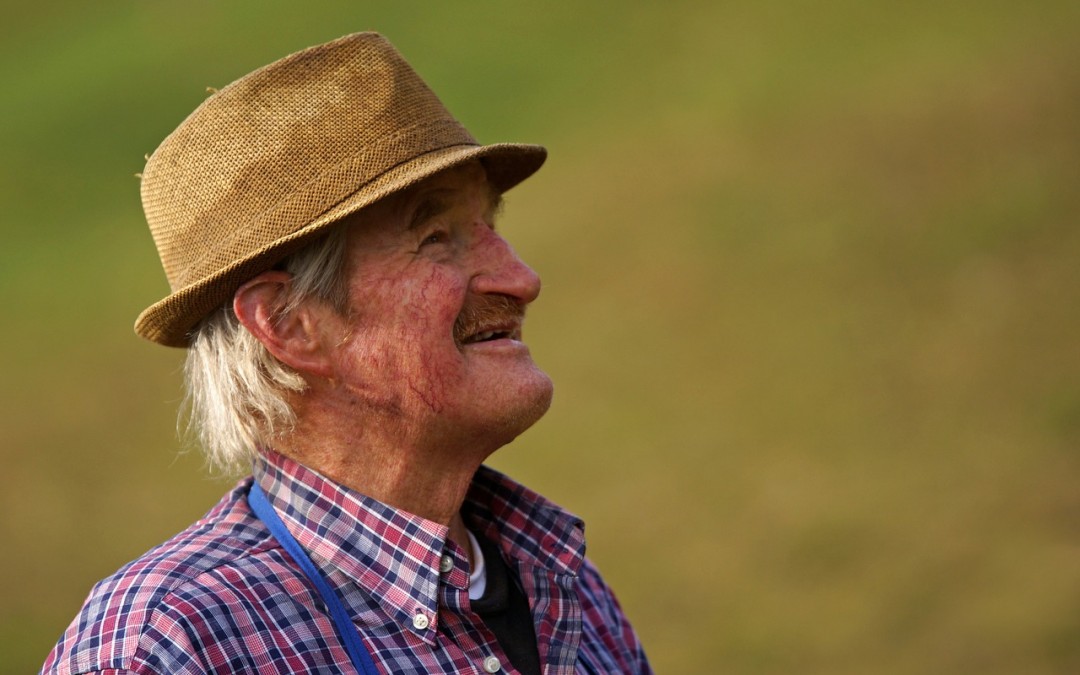Earlier this week on Radio 4 the excellent programme “You and Yours” asked the simple question, “Can we learn to be happy?”. Hosted by Winifred Robinson, it seemed to conclude fairly quickly, yes we can.
She talked about “Action For Happiness” – a movement that was set up to help people take practical action to create a happier world in their homes, workplaces, schools and local communities. They suggest steps that anyone can take to become more aware of or increase the happiness in their lives. The movement’s patron is the Dalai Lama. Their ideas are wise and accessible. I recommend a visit to their website, www.actionforhappiness.org.
Robinson also interviewed members of the public who had, for a variety of reasons, gone out to actively seek happiness in their lives through methods such as Transactional Analysis, Mindfulness, Cognitive Behavioural Therapy and Re framing. There was a definite message that lifestyle, diet, exercise and external environment all contribute to our happiness. Only recently, evidence has been discovered to prove clean air quite literally increases our happiness.
Andrew Oswald, Professor of Economics at Warwick University, supports the Dalai Lama’s movement but notes of course there are many, many factors that make up our happiness. Age, apparently, is one such factor. Think of your happiness levels going in a U bend. We start off beaming and by the time we hit our mid 40s we’ve sunk to lowest of the lows, only to climb out into our 50s and beyond cheering up on a daily basis. I’m not sure how much I agree with that theory but maybe it’s something to do with learning to cope life’s issues better. Some things we cannot control – life shocks or influences on our health being two Professor Oswald raised. Finance, friendship networks, relationships all contribute to our feelings of happiness. The Dalai Lama blames materialism for some of our unhappiness and Oswald would agree with this although he notes it is true that richer people tend to be happier. However, as Vanessa King from Action For Happiness points out, materialistic happiness is short lived. The new purchase – car, bag, gadget – provides a short term mood boost but then we get used to them and the boost fades.
Touching on Mindfulness again, Robinson spoke to Jackie Hawken, a Mindfulness teacher. She believes mindfulness is linked with self compassion and our attitude towards ourselves. Through mindfulness we are able to see our lives with more equanimity thus boosting our levels of happiness.
So, are you happy? Could you be happier? Are you even aware of how happy you are? Would you like to do something to make your life happier? If so, please do get in touch. Life Coaching will offer you simple routes and tools to a happier and more fulfilled life – without having to travel along a U-bend.
